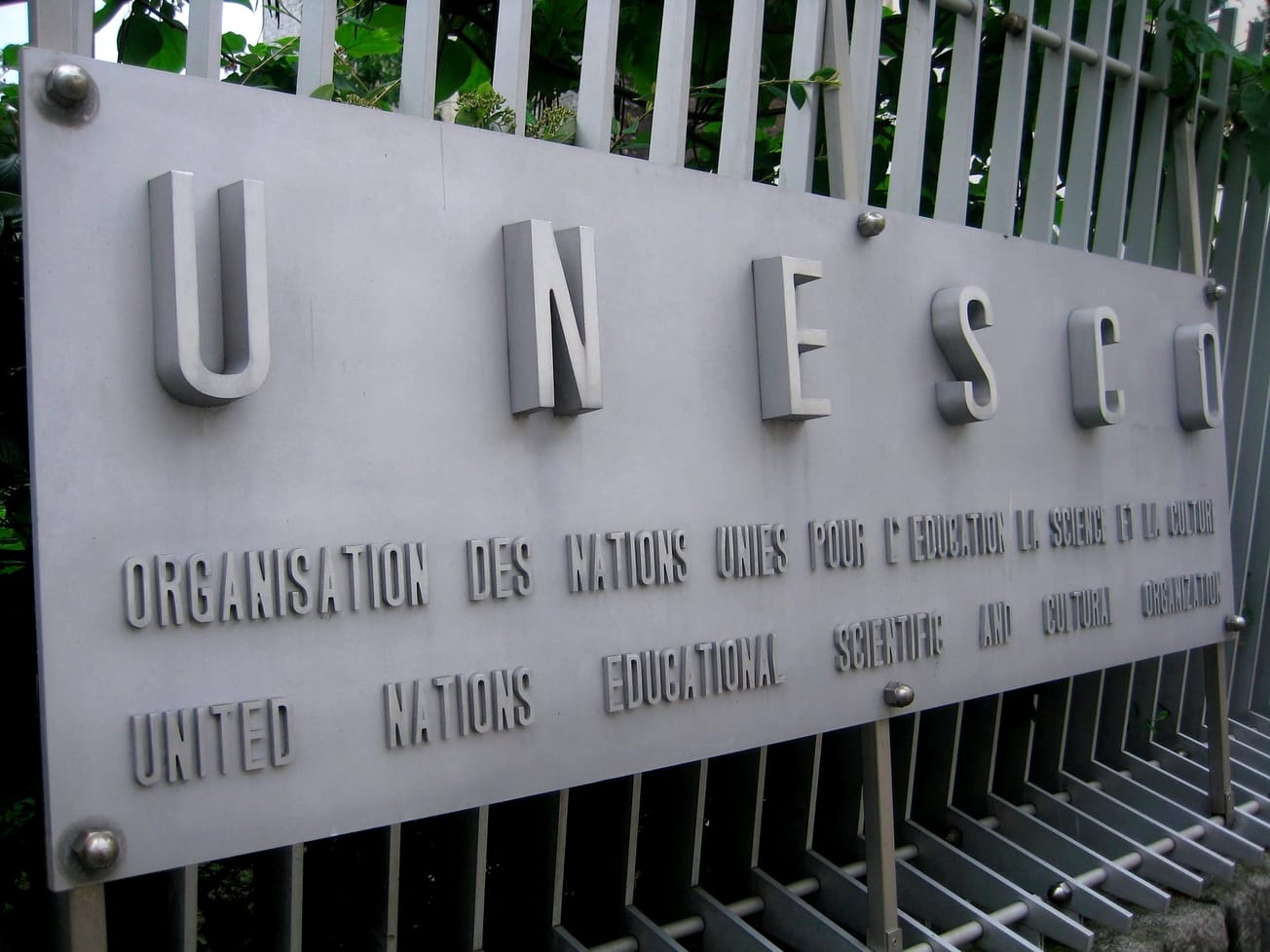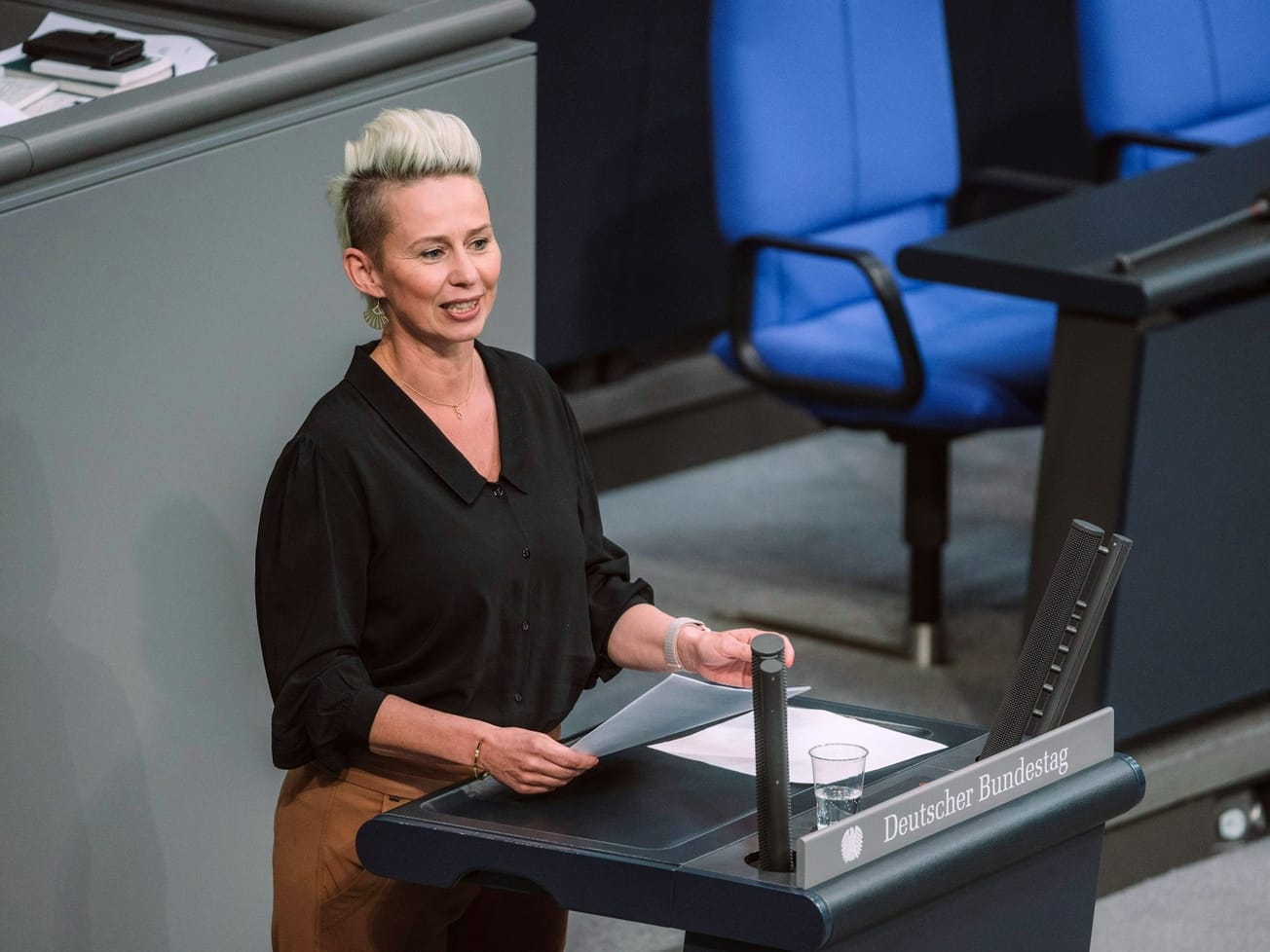WASHINGTON (AN) — The United Nations World Tourism Organization said 117 nations have recommitted to making global tourism more sustainable, inclusive and ethical after a five-day annual gathering.
More than 1,300 participants at UNWTO's General Assembly in St. Petersburg, Russia focused on how to make the global tourism sector more sustainable while maintaining its importance as a key driver of growth and employment. Next year's assembly is to be held in Morocco.









